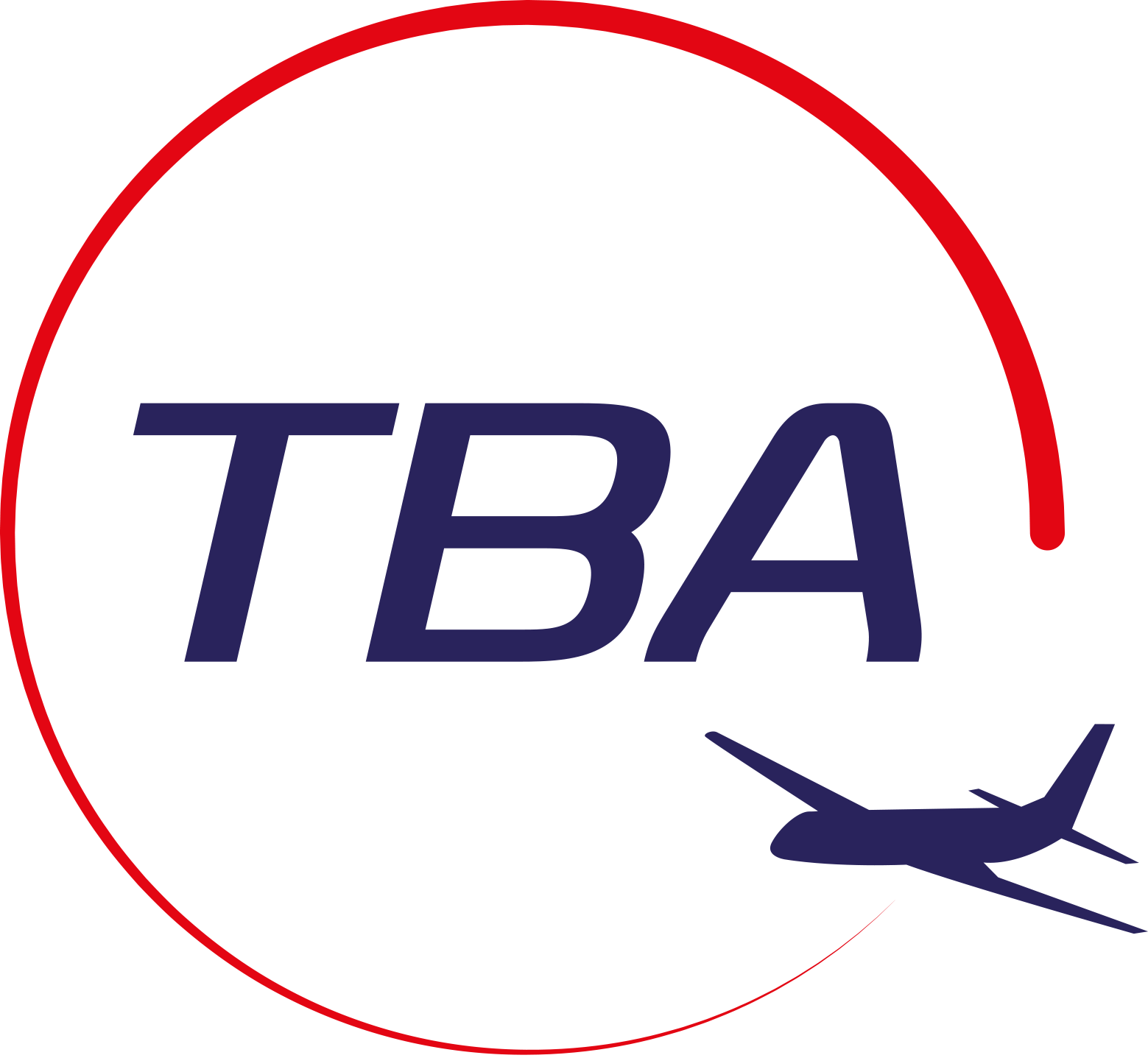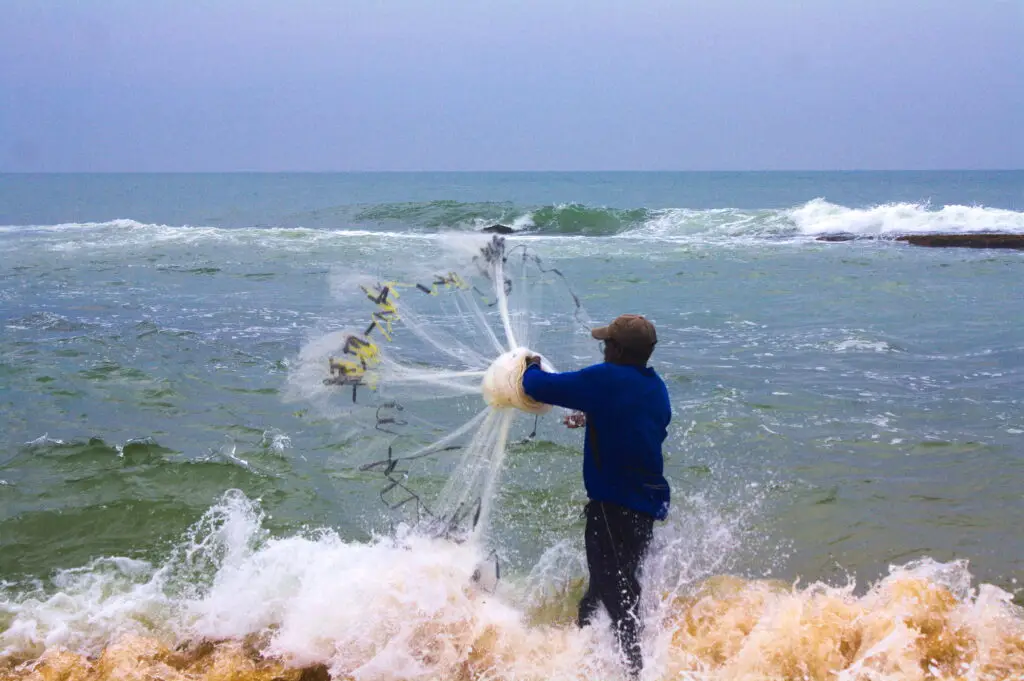
Research and knowledge are the first steps for Togo Travel Business Assistance. Here is a fact file for Togo to get you started. Contact us if you are looking to start a business in or expand your market to Togo. We have consultants ready to help you on the ground in Togo.
Accelerate your market entries with expert guidance – Reserve your free consultation with Travel Business Assistance now.
Basic Facts
Origin of the name: Derived from the Ewe words “to” (river) and “godo” (on the other side) to give the sense of “on the other side of the river”; originally, this designation applied to the town of Togodo (now Togoville) on the northern shore of Lake Togo, but the name was eventually extended to the entire nation.
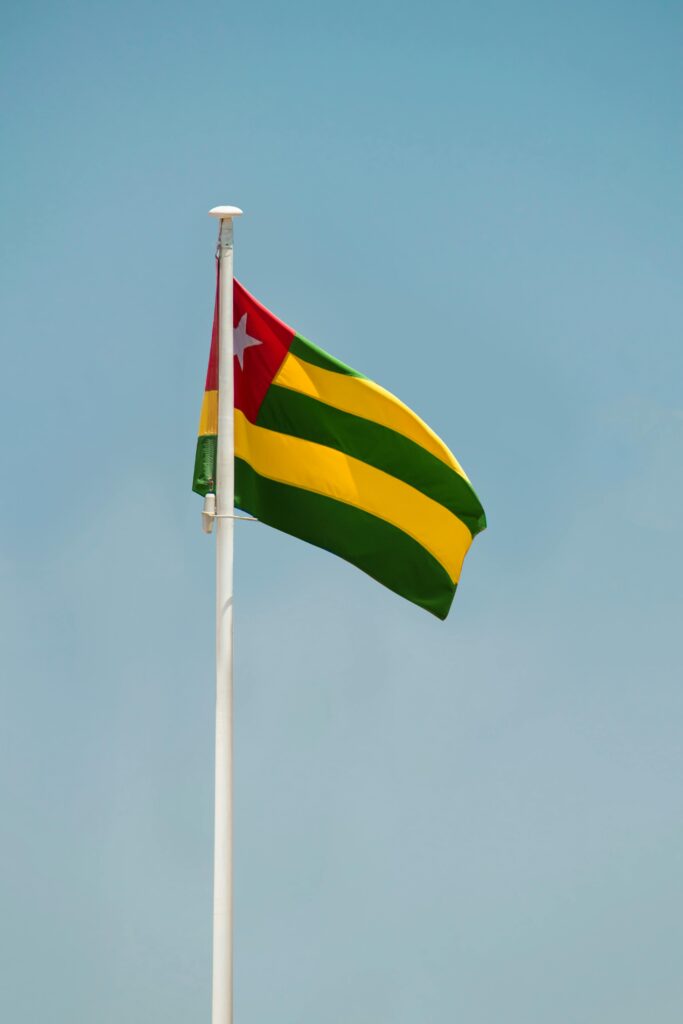 History & Independence: The country was once on the fringes of several great empires and, when the Europeans arrived in the 16th century, this power vacuum allowed the slave-traders to use Togo as a conduit. Following the abolition of slavery, Germany signed a treaty in Togoville with local king Mlapa. Togoland, as the Germans called their colony, underwent considerable economic development. When the Germans surrendered at Kamina – the Allies’ first victory in WWI – the Togolese welcomed the British forces. However, the League of Nations split Togoland between France and Britain – a controversial move that divided the populous of Ewe. Following a 1956 plebiscite, British Togoland was incorporated into the Gold Coast (now Ghana). French Togoland (now Togo) gained full independence in 1960.
History & Independence: The country was once on the fringes of several great empires and, when the Europeans arrived in the 16th century, this power vacuum allowed the slave-traders to use Togo as a conduit. Following the abolition of slavery, Germany signed a treaty in Togoville with local king Mlapa. Togoland, as the Germans called their colony, underwent considerable economic development. When the Germans surrendered at Kamina – the Allies’ first victory in WWI – the Togolese welcomed the British forces. However, the League of Nations split Togoland between France and Britain – a controversial move that divided the populous of Ewe. Following a 1956 plebiscite, British Togoland was incorporated into the Gold Coast (now Ghana). French Togoland (now Togo) gained full independence in 1960.
Government: The constitution of 1992 established the legal framework for a presidential multiparty system in Togo. The president is elected for five years and cannot be challenged by the legislature. The prime minister is nominated by the majority group in the unicameral parliament and appointed by the president. Prime minister advises president on appointments for council of ministers.
Official Language: French is the official language of the Republic of Togo and also the language of commerce.
Indigenous Languages: Ewe and Mina (the two major African languages in the south), Kabye (sometimes spelled Kabiye) and Dagomba (the two major African languages in the north)
Population: Estimations of the Togo population are of 8,703,961 inhabitants (2023 estimates).
Time Zone: Togo observes Greenwich Mean Time all year. There are no Daylight-Saving Time clock changes.
Climate: Togo’s climate varies from tropical to savanna. The southern part of the country is humid, with an average annual temperature of 27°C. In the north, temperature fluctuations are greater – 17°C – 41°C. Rainfall in the south of the country comes in the form of two seasons: the first between mid-March to late July and the second between early September to early mid-November. The dry desert winds of the Harmattan blow south from the northeast, which brings with it cool dry weather between November and March; periodic droughts occur in the north of the country.
Borders: Togo is bordered by Benin to the East, Burkina Faso to the North, and Ghana to the West. Atlantic Ocean 56 km coastline is the natural border to the South.
Size: Total Togo area is of about 56,785 sq km of which land: 54,385 sq km and water: 2,400 sq km. Togo is slightly smaller than West Virginia.
Religion: The population is 42.3 percent Christian, 36.9 percent traditional animist, 14 percent Muslim, and less than 1 percent followers of other religions.
Currency: West African CFA Franc (XOF), there is a fixed exchange rate between CFA Franc and Euro (1 Euro = 655 CFA Franc) The exchange rate with other currencies is floating. 1 US Dollar (USD) currently about 596.09 CFA Franc (XOF) (07 August 2023)
https://www.oanda.com/currency-converter/en/?from=XOF&to=USD&amount=596.09
History and Key Events
Precolonial & colonial Era
- 15-17th Centuries – Ewe clans from Nigeria and the Ane from Ghana and Ivory Coast settle in regions already occupied by Kwa and Voltaic peoples.
- 16th-19th Centuries – Atlantic slave trade begins in the 1500s and the coastal region becomes a trading center for Europeans in search of slaves.
- 1884 – The German protectorate of Togoland was established.
- 1914-18 – World War One.
- 1914 – German Togoland is occupied by British and French forces.
- 1916 – Joint rule by UK and France collapses and Togoland is partitioned into British and French zones, creating the colonies of British Togoland and French Togoland.
- 1922 – The League of Nations confirms this division, the mandate to govern the western part of the country is handed to Britain, while France is given the eastern area.
- 1957 – British Togoland votes to join the Gold Coast as part of the independent nation of Ghana.
- 1959 – French Togoland becomes an autonomous republic within the French Union.
Independence
- 1960 – the Togolese Republic becomes independent.
- 1961 – Sylvanus Olympio becomes the first president in elections boycotted by the opposition. Opposition parties are dissolved. The country becomes a one-party state.
- 1967 – Gnassingbé Eyadéma seizes power, and political parties are dissolved.
- 1992 – New constitution approved.
- 2005 – President Eyadéma dies. The military appoints his son Faure as president He goes on to win elections that year and subsequently. Opposition parties denounced the results as fraudulent.
- 2022 – Togo and Gabon join the Commonwealth.
Togolese Food

Togo is a beautiful green country, with a tropical climate and three major seasons divided into two monsoons and one dry season and with an abundance of fruits, vegetables, and medical herbs growing all year long in quantity, quality, and variety. The country has a high population of traditional farmers and traders, two of the main providers of the country’s rich organic supply of food and vegetables for national consumption and international exportation. The most-exported Togolese products that you can find in Europe are coffee, cacao, avocado, soya beans, and exotic fruits and vegetables.
The following are the most popular Togolese dishes that are both unique and diverse in taste, smell, and overall sensory experience. These mouth-watering dishes will leave you with an experience that’s worthwhile, and if you’re into hot and spicy food, then you’ll love some of these dishes.Akoume – La Pâte Togolese people have a great love for this dish, and it is a huge part of the culinary culture, as it actually forms the base of Togolese cuisine and is the most appreciated food in Togo. The dough is prepared in two different ways. It is either made from millet and corn, or it is made from soaked fermented flour (émakoume).
Djenkoumé is a traditional torrefied corn dough with tomato, garlic, ginger, and local red palm oil. It’s recommended to mix it with grilled chicken. It has a thick consistency and is also called cornmeal cake.
Kom is a specific dish of Togo. Deliciously spicy, it demands a specific cooking technique. The Togolese mix of tomatoes, onions, and pepper adds an amazingly tasty flavor to the dish, and it pairs perfectly with fried fish.
Groundnut Soup is made with groundnut that has been ground into a paste-like peanut butter (the main ingredient and primary taste); the soup also contains a powerful and pungent infusion of uziza seeds (also called Piper Guineense)
Ayimolou One of the daily dishes that Togolese people love, it’s rice and beans cooked together, with a tomato sauce added on top. This dish is generally shared on one big plate. Be careful, though, if you don’t eat pepper! The tomato sauce added on top of the dish may contain spices.
Pinon is one of the most popular dishes in Togo. It’s made out of gari, which is cassava flour. It’s a mix of a lot of flavors such as ginger, bay leaves, garlic, pepper, and onion. It can be cooked white or red if tomatoes are added. Then, it’s added to boiled meat, generally goat or pork.
If you have the chance to try Gboma Dessi, don’t miss it! This spinach sauce is fantastic. From the moment you taste Gboma Dessi, it feels like you’re experiencing a burst of all the flavors you need at once.
Palm Fruit Soup (Deku Dessi) Palm fruit soup, also known in the Togo Ewe language as “Deku Dessi,” is made from the juice of pounded palm fruit. The recipe and style of preparation vary depending on the region, culture, family, person, and taste.
Things to See and Do
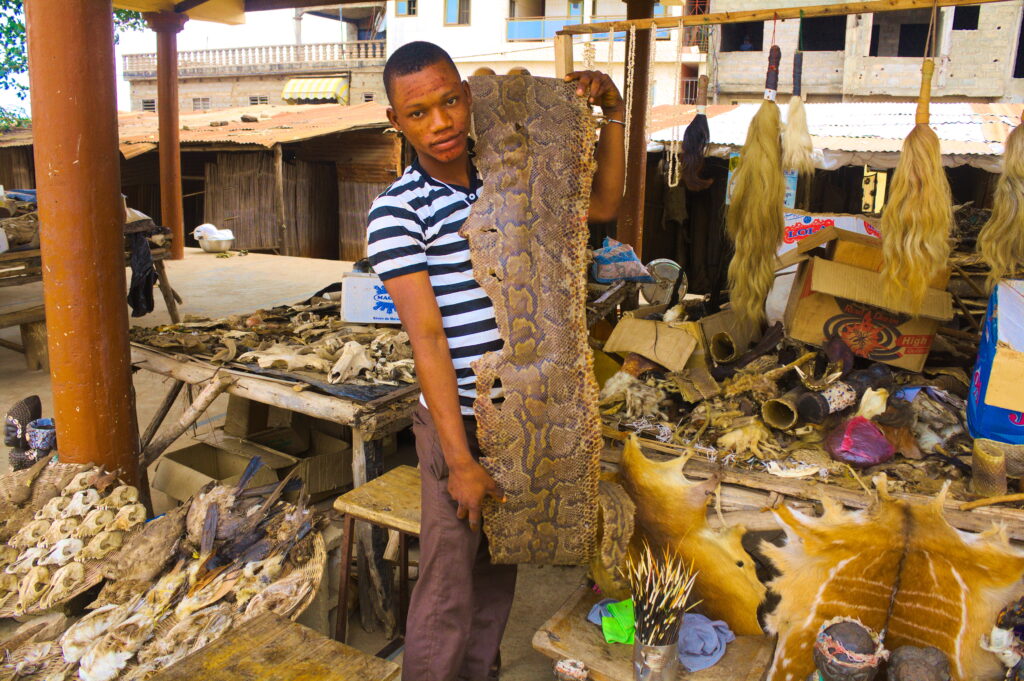
Epé-Ekpé, historic Guins festival in Glidji Kpodji (Aného) This is one of the most important festivals in all of West Africa, it marks the new year for this people who arrived from Ghana in the 17th century after the exodus of Notsé, and whose capital is Aného.
The Koutammakou landscape, located in northeastern Togo and extending across the border to Benin, is home to the Batammariba whose remarkable earthen turreted houses have become a symbol of Togo. The site is listed as a UNESCO World Heritage Site.
The International Museum of the Gulf of Guinea is one of Lomé’s best but little-known museums, housed in a small bungalow. It parades a private but wide collection of African sculpture from the last 200 years. Prominent among the artworks are those that originated from Nigeria, Mali, Burkina Faso, Cote d’Ivoire, Togo and Ghana. There are also pieces from East and Southern Africa. It is now called Musée International d’Art d’Afrique (MIAA).
The Lomé Voodoo Market, nestled in the bustling streets of Togo’s capital city, is a captivating enclave where ancient traditions thrive. Amidst the maze of stalls adorned with colorful trinkets and mysterious artifacts, visitors encounter a fascinating world of voodoo practices deeply rooted in West African culture. Here, one can find a plethora of ingredients used in traditional rituals, from animal parts to herbs and potions, believed to possess mystical powers. Experienced practitioners and curious travelers alike delve into the secrets of voodoo, exploring its rituals, beliefs, and healing practices, making the Lomé Voodoo Market a mesmerizing destination for cultural immersion and spiritual discovery.
Economy: A Gateway to the Sahel Region
Agriculture, mining and trade are the pillars of the Togolese economy. The Togolese economy has been dynamic over recent years. After being impacted by the lockdown measures and the collapse of trade, Togo’s economic activity recovered in 2021. This economic dynamism is the result of the strength of cotton production and phosphate extraction, of which the Republic of Togo is the fifth largest producer in the world, as well as the good performance of the tertiary sector. The country owes the acceleration of its economic growth to the various works carried out in the buildings and public works sector, namely the extension of the port of Lomé and the Lomé International Airport.
Togo is a leading producer of phosphates, and phosphate mining accounts for up to 8% of the country’s GDP. The nation also boasts some agricultural produce, with national exports of cotton, coffee, cocoa and groundnuts. The autonomous Port of Lomé is the only deep-water port in West Africa, serving the landlocked countries of Burkina Faso, Niger and Mali.
Doing Business in Togo
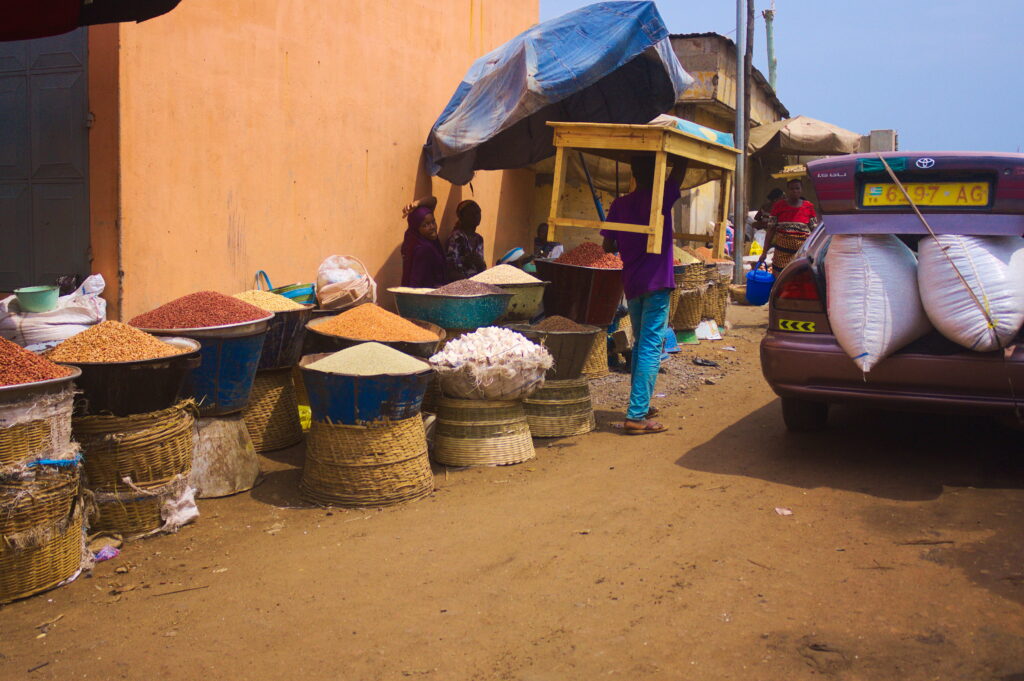
Ease of Doing Business Index Scores
Overall score: 62.3 (2020)
Starting a business score: 95.1 (2020)
Trading across Borders score: 63.7 (2020)
Enforcing Contracts score: 49.0 (2020)
Legal System: Togo practices a code-based legal system inherited from the French system. The judiciary is recognized as the third power after the executive and the legislative and thus remains independent of the executive branch. Togo, as a member of the OHADA, has a judicial process that is procedurally competent, fair, and reliable. Regulations or enforcement actions are appealable like any other civil actions and are adjudicated in the national court system.
Company creation procedures:
- Check the company name: The first step is to verify the uniqueness of the desired company name. The availability of the name can be checked online at http://cfetogo.org/annuaire_check or with the computer in the Guichet Unique.
- Deposit the company’s initial capital at a bank or Public Notary: The entire authorized capital is paid up upon subscription. The founder must immediately deposit the share contribution in a bank account opened under the name of the company or the notary.
- Deposit all the documents for company registration, tax registration, social security registration, publication, and pay the fees at the one-stop shop: The one stop shop (CFE) is fully operational and is the official agency in charge of incorporating a business.
Investment Promotion and Free Zone Agency (API-ZF)
API-ZF, Investment Promotion and Free Zone Agency is a public State institution in charge of missions related to attracting Investors and facilitating their activities in Togo. It is responsible for the implementation of the Investment Code in the Togolese Republic, the status of the Industrial Free Zone and any other special economic regime. In accordance with the texts governing this institution, the missions assigned to this Agency are the following:
- Implement the policy defined by the Government in terms of investment promotion;
- Implement all marketing actions required to promote and maintain the attractiveness of the Togo destination;
- Exercise the functions of a one-stop shop for all administrative procedures related to the establishment and operation of companies located on Togolese territory and falling under the approval regime of the Investment Code in the Togolese Republic and the status of the Free Zone;
- Support training and skills transfer;
- Deliver, sign and manage approvals for investment and industrial free zone status;
- Provide various services/assistance to Investors within the framework of its responsibilities.
Why invest in Togo?
- Political and economic stability: Togo has experienced political and economic stability in recent years.
- Regional financial center: Togo has the privilege of being the hub of numerous financial institutions with their headquarters in Lomé (West African Development Bank, Ecobank).
- World-class airport hub: Togo offers you a direct connection to 27 international cities, including Paris, Addis Ababa, New York.
- Quality educational program: Togo has a quality educational program that aims to provide a solid basic education to students.
- Market access: Togo offers you a regional market accessible to 400 million consumers thanks to an association of ECOWAS and UEMOA.
- Tax Incentives: Togo offers tax incentives to encourage investment in certain sectors, including industry, services and agriculture.
- Growth potential: Togo has significant economic growth potential, particularly in the sectors of agriculture (cotton, soya, cashew nuts, shea nuts, etc.), construction and manufacturing industry.
- Labor costs: The cost of labor in Togo is generally lower than elsewhere, which can be advantageous for you in reducing your production costs.
Investment Opportunities:
Agriculture: one of the most important sectors of activity in Togo, representing a contribution to Togo’s GDP of approximately 29% of the total growth rate, is structured into several sectors full of potential. Among these sectors, we find soy, coffee, cocoa, cotton, corn, cassava, fruits, shea, cashew nuts.
Energy: The National Development Plan makes improving access to electricity a priority to achieve 75% electrification. Since 2015, electrical energy production activities can be carried out in Togo by any public or private person. The State is banking on the development of sustainable and reliable production capacities, particularly in solar and hydroelectricity, and the corresponding strengthening of the transport and distribution network to meet demand.
Infrastructure and logistics, the 2020-2025 government roadmap provides for investments in the infrastructure and logistics sector in order to make Togo a logistics hub of excellence and a privileged and secure access platform from the Gulf of Guinea to the countries of the hinterland. With a strategic geographical positioning with 56 km of coastline, Togo has a port economic zone with high potential. The Autonomous Port of Lomé has a presence of companies that are world leaders in the logistics sector.
Key Infrastructure Projects in Togo
Plateforme Industrielle d’Adetikopé (PIA): is an integrated industrial zone implemented on 400 Ha, and centered on the creation of thriving value chains from the supply of raw materials, to the processing of resources (manufacturing) and to the export of final products. PIA aims to offer investors a link to integrate the African landscape by providing them with infrastructure, a business climate and support along the value chain of their products, through our ecosystem approach. PIA is strategically located on a highway that is connected to the airport and the autonomous port. PIA will be close to the proposed future rail line for more economic freight management.
Lome Automonous Port: On March 20th 2023, the President of the Togolese Republic, Faure Essozimna Gnassingbé, and the President of Niger Republic Mohamed Bazoum inaugurated the second phase of the Lomé Container Terminal (LCT) at the Port Autonome de Lomé (PAL). Financed to the tune of 400 million Euros, or 260 billion CFA francs, the objective of this investment is to increase the annual cargo handling capacity of the LCT, currently estimated at 2.2 million Twenty-Foot Equivalent Units (TEU), with a view to increasing traffic to 2.5 million containers handled in the long term. The extension of the LCT will make it possible to meet the future needs for growth in expected volumes, while guaranteeing quality services, overall operational productivity and the fluidity of goods delivery/reception operations. It will thus contribute to the country’s economic growth and sub-regional integration. This new investment will also strengthen the existing infrastructure in order to make Lomé a leading logistics hub in the sub-region, in line with the vision of the Head of State.
Health
A passport, visa, and proof of vaccination against Yellow Fever are required for entry into Togo.
It is strongly recommended that you visit a travel vaccination clinic and get other vaccinations and a prophylaxis for malaria.
COVID-19
COVID-19 travel documents (proof of vaccination, negative PCR or antigenic test results) are no more required on arrival and departure from Togo.
Immigration
Visit the Embassy of the Republic of Togo website and or the nearest Republic of Togo embassy or consulate for tourist/business visa information and document requirements for work visas.
It is also possible to apply for your Visa online on the « Togo Voyage » platform (https://voyage.gouv.tg). This platform brings together, on a single interface, all the formalities a traveler must complete to enter or leave Togo. To find out if you need a visa or not, the « Togo Voyage » platform provides a « Visa Wizard », which informs you about:
- Tour eligibility or not for an entry visa to Togo;
- The price of your visa, if applicable (this varies according to the duration of your stay)
The list of documents to be provided (this varies according to the type of visa, which is determined based on the motive for your trip).
An Interesting Fact About Togo
The voodoo religion is practiced widely in Togo. Throughout the region, voodooism does not have the negative implications it has in the West. In Togo, voodooism is considered to be more than a belief system as it extends to culture, philosophy, language, art, dance, music and medicine. Togo’s historical center of voodoo is the small town of Togoville on the shore of Lake Togo. The beauty spot is a popular swimming destination with Lomé residents.
Togo Travel Business Assistance
Are you planning to move your business to Togo or open up Angola as a new market? Perhaps there is a conference in Togo you need to attend and you need some help. We are here for your Togo Travel Business Assistance.
